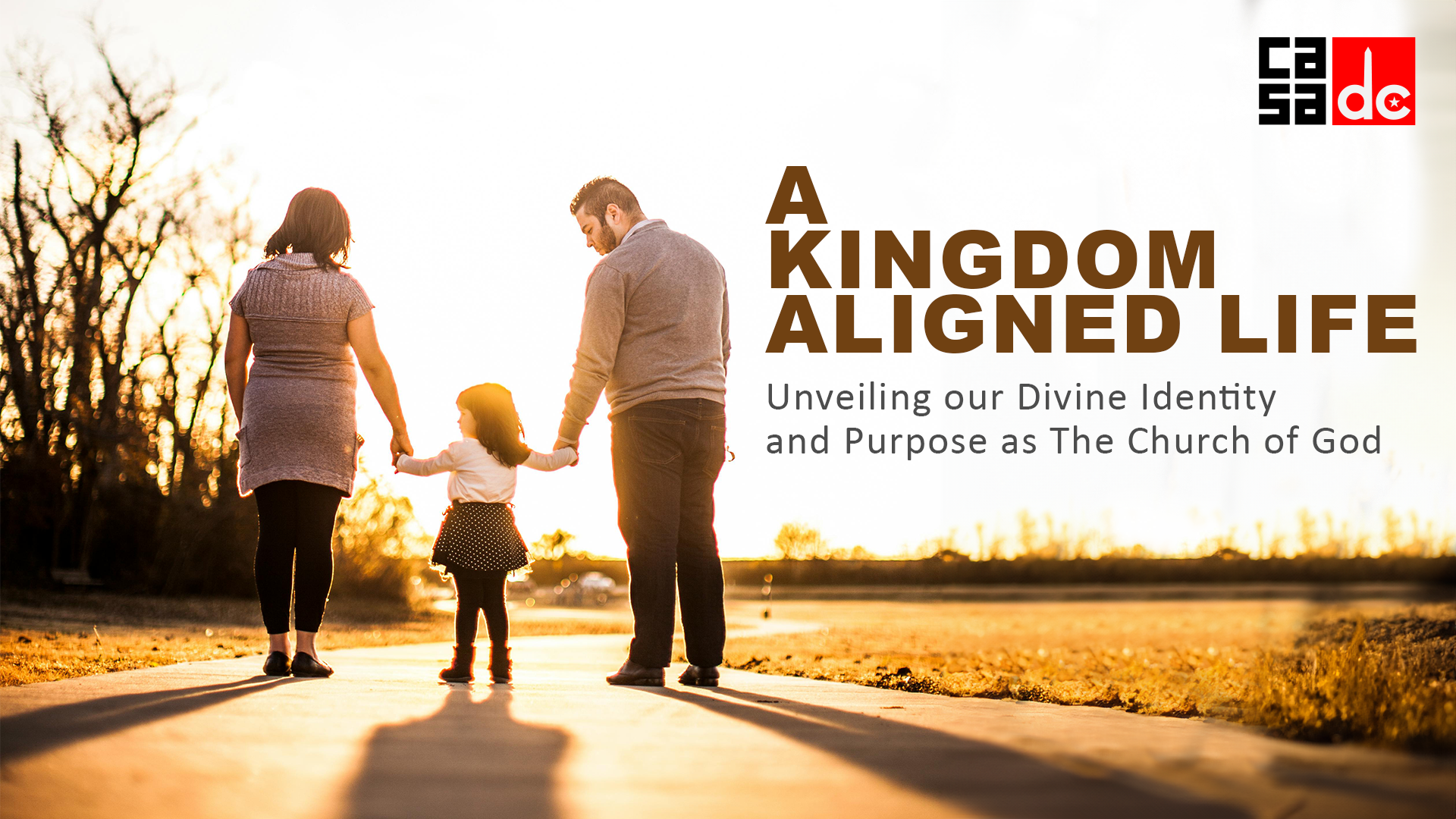Religious practices, while well-intentioned, can sometimes become distractions from the core mission of the Kingdom. Peter’s reaction during the transfiguration, expressed in his suggestion to build three tents (Matthew 17:1-8), exemplifies how even a devoted disciple can momentarily lose focus. Identifying common distractions within religious practices, such as emphasizing methods or organizational priorities over God’s goals and assignments, becomes crucial. The challenge lies in avoiding pitfalls that hinder the fulfillment of the Kingdom mission, steering clear of practices that, although rooted in religion, may deviate from the essence of God’s mission.
In contemporary culture, the church has somehow lost relevance due to perceived disconnects between traditional religious concepts and the evolving values of society.
When diving into the deepness of the Kingdom’s culture, we must notice that the relevance of its principles transcends ages and never becomes obsolete.
To regain influence, Kingdom ambassadors must embody and exemplify Kingdom principles in practical ways, transcending mere religious concepts. When asked by his disciples about how to recognize kingdom’s citizens, Jesus replied with a powerful statement; “by their deeds”.
By prioritizing love, compassion, and service, ambassadors can authentically engage with culture, demonstrating the timeless relevance of Kingdom values. This approach fosters genuine connections, making the Kingdom message more accessible and impactful, and revitalizing the church’s cultural relevance.
Human Nature: How Religion Exploits Our Needs
Religion, as a movement, can exploit fundamental human needs, leading to traps of entertainment that divert believers from their original purpose. Understanding these human tendencies, with examples, is essential to recognize potential threats to ambassadors on a heavenly mission. When Jesus appeared on the stage of history, God’s commandments and Moses’ law had evolved into a harsh religious system. Far from bringing people closer to God, it oppressed and enslaved them in a spiral labyrinth of condemnation and sins.
Jesus condemned the religious leaders of his time for failing to fulfill the original purpose of guiding people toward the abundant life God had prepared from the beginning.
He criticized them, stating that despite having the keys to the kingdom, they neither entered themselves nor allowed others to enter. He metaphorically referred to them as blind guides leading the blind. The dangers of getting distracted by religion have catastrophic consequences for generations.
Staying vigilant to avoid getting trapped by meaningless religious endeavors involves cultivating discernment, prioritizing a relationship with God over religious rituals, and adhering to the foundational principles of the Kingdom. As ambassadors, maintaining focus on the ultimate mission—loving God, loving people, and serving—is paramount, ensuring that religious practices contribute to, rather than detract from, the fulfillment of the Kingdom’s divine purpose.
Conclusion: Living a Kingdom Aligned Life
As we conclude this journey, we recognize that living a Kingdom-aligned life means embodying the values and principles of God’s Kingdom in every aspect of our existence. It’s not just about following rules or adopting a certain lifestyle; it’s about allowing the reality of God’s reign to shape our thoughts, actions, and relationships.
A Kingdom-aligned life is marked by a deep awareness that God’s Spirit dwells within us, empowering us to manifest His love, justice, and truth wherever we go. It involves partnering with God in restoring His original order to a world marked by chaos and brokenness. This life is fueled by our identity in Christ—knowing we are children of the King and heirs of His promises—giving us the authority and purpose to extend His Kingdom on earth.
Our journey doesn’t end here. Instead, it unfolds as we continue to grow in maturity, live out our calling, and bring God’s order into the spaces we inhabit. We are called to be agents of change, carriers of His peace, and ambassadors of His love, knowing that our everyday choices and acts of service reflect the nature of our King.
Let us move forward with a renewed commitment to align our lives with the Kingdom, walking in faith and obedience, and trusting in the transformative power of God within us. As we do, may we find the courage to influence culture, challenge the status quo, and bring the light of Christ to a world in need.
Remember, a Kingdom-aligned life is not a destination but a continuous journey of becoming more like Christ and making His presence known in all we do.
-
A Kingdom Aligned Life: Unveiling our Divine Identity and Purpose as The Church of God-Introduction
This study series is a transformative journey delving into profound truths that transcend the ordinary, guiding you to a deep understanding of God’s Kingdom, unraveling Jesus’ central message (The Kingdom […]
-
Lesson 2: A Kingdom-Aligned Life-Understanding Our Identity in Christ
Living the Kingdom of God happens in three main stages: Knowledge of the kingdom and its principles, realization, and understanding of those principles, and the manifestation of the kingdom culture […]
-
Lesson 3: A Kingdom-Aligned Life-Embracing the divine purpose inherent in our identity
This phrase signifies the acknowledgment of a higher calling and intentionality woven into our existence. It communicates the idea that our identity is not arbitrary but intricately connected to a […]
-
Lesson 4: A Kingdom-Aligned Life-Kingdom Economics: Impact Beyond Finances
Understanding divine authorization in the economic context involves acknowledging God’s provision for the expansion of His Kingdom. It extends beyond personal wealth to the economy of impact — the collective […]
-
Lesson 5: A Kingdom-Aligned Life-Understanding the Collective Impact of Kingdom Citizenship
The apostle Paul, in his profound teachings, employs the analogy of the body to vividly illustrate the interconnectedness of believers within the Kingdom. This analogy, found in 1 Corinthians 12:12-27 […]
-
Lesson 6: A Kingdom-Aligned Life-Distractions Caused by Religion
Religious practices, while well-intentioned, can sometimes become distractions from the core mission of the Kingdom. Peter’s reaction during the transfiguration, expressed in his suggestion to build three tents (Matthew 17:1-8), […]
